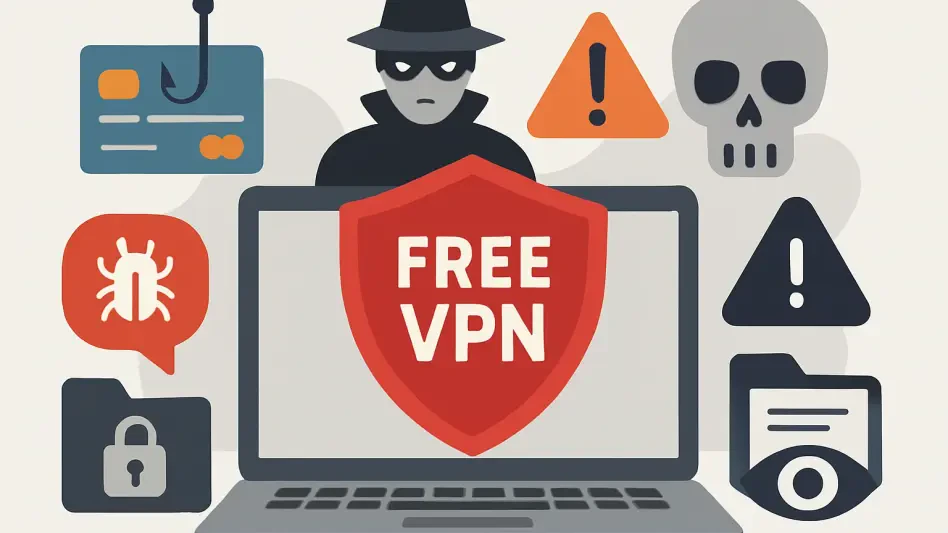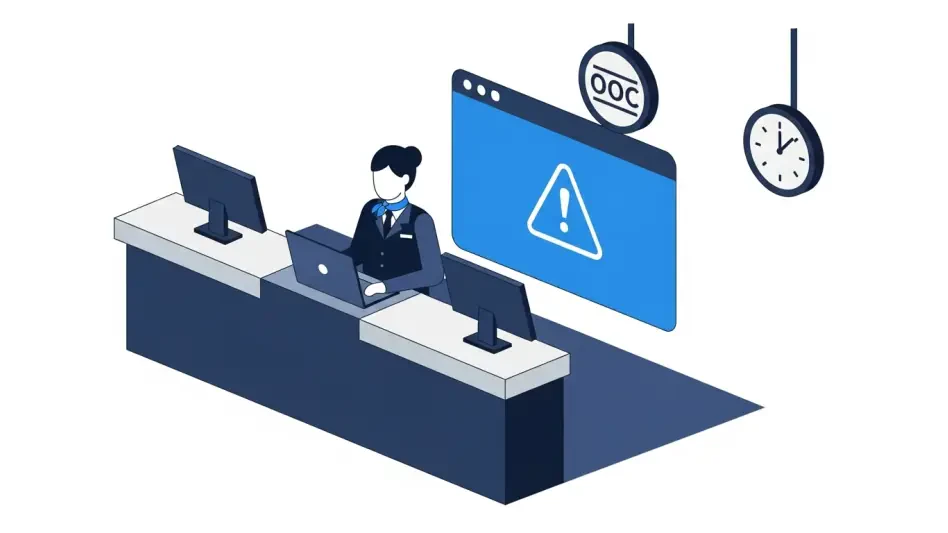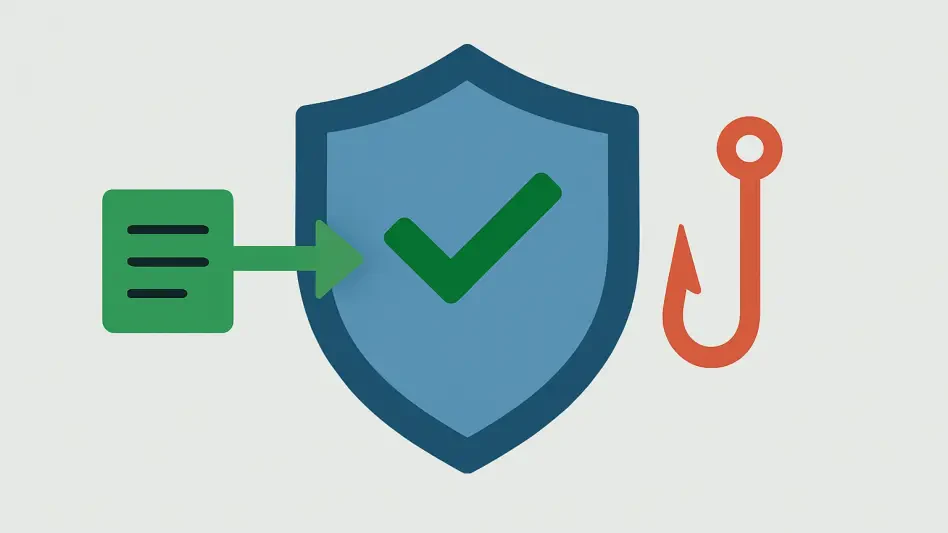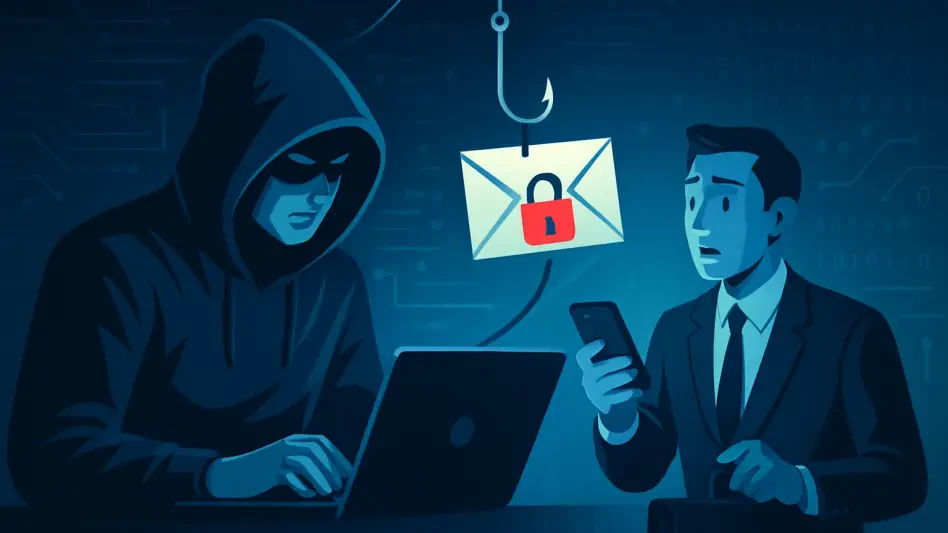In an era where online privacy is increasingly under threat, millions of users turn to Virtual Private Networks (VPNs) to safeguard their data and bypass censorship, often opting for free services that promise robust protection at no cost. However, a recent academic study presented at the Privacy Enhancing Technologies Symposium has unveiled alarming truths about many popular free VPN apps available on widely used platforms like the Google Play Store. With over 700 million downloads across just 18 analyzed applications, these services, often marketed as independent, have been found to share hidden connections and critical security flaws. This revelation raises serious questions about the trustworthiness of free VPNs and the risks they pose to unsuspecting users. Far from delivering the privacy they advertise, many of these apps could be compromising personal information through deceptive practices and inadequate safeguards, casting doubt on their reliability as secure tools for internet protection.
Hidden Connections Among Free VPN Services
A deep dive into the research reveals that many free VPN apps, despite appearing as distinct entities, are interconnected through shared infrastructure and origins. The study identified three major “families” of apps, encompassing multiple services that collectively dominate the free VPN market. These apps often utilize nearly identical code, libraries, and IP addresses, suggesting they are developed or managed by the same entities, even if they are branded differently. Such lack of transparency can mislead users who assume they are selecting unique providers when, in reality, the choice is an illusion. This opacity not only undermines trust but also hints at cost-saving motives by developers who may prioritize efficiency over user clarity. The implications are significant, as users seeking variety or a backup option might unknowingly remain within the same flawed ecosystem, exposing themselves to identical risks without realizing the interconnected nature of these seemingly separate applications.
Beyond the issue of shared origins, the hidden connections among these free VPN services extend to proprietary protocols and assets that further blur the lines between them. This practice, while not inherently malicious, can be considered deceptive when not disclosed to users. The research highlights how such tactics erode confidence in the VPN industry, especially among those who rely on these tools for sensitive activities like bypassing geo-restrictions or protecting personal data. When users download what they believe to be an alternative app, they may simply be engaging with a repackaged version of the same underlying technology, complete with its vulnerabilities. This lack of candor raises ethical concerns about how free VPN providers operate and whether their business models prioritize user trust or operational convenience. As a result, the industry faces growing scrutiny over the need for clearer disclosure and accountability to ensure users can make informed decisions about the tools they adopt for online security.
Critical Security Flaws in Free VPN Apps
One of the most troubling findings from the study is the presence of severe security vulnerabilities in many free VPN apps, directly contradicting their claims of offering robust protection. Issues such as hard-coded passwords embedded within the apps’ code have been uncovered, creating a glaring weakness that could allow attackers to decrypt user traffic. Other flaws include susceptibility to blind-side attacks and connection inference exploits, alongside weak encryption standards that fail to meet industry benchmarks. These shortcomings mean that instead of shielding users from online threats, these apps could inadvertently expose sensitive data to malicious actors. The scale of the problem is staggering, given the millions of downloads these apps have accumulated, pointing to a widespread risk that affects a vast user base unaware of the potential dangers lurking within their chosen security tools.
Adding to the concern is the apparent difficulty in addressing these security lapses within the free VPN ecosystem. App stores, despite their efforts to vet developers, often struggle to identify misleading claims or enforce stringent security standards. While initiatives like mandatory security audit badges or developer identity verification have been proposed, implementation remains inconsistent. This leaves users vulnerable to apps that promise safety but deliver the opposite due to inherent flaws in their design. The research underscores a critical need for enhanced oversight and stricter guidelines to ensure that VPN services, especially free ones, adhere to minimum security thresholds. Until such measures are widely adopted, users remain at risk of entrusting their privacy to tools that are fundamentally compromised, highlighting a pressing gap between the marketed benefits of free VPNs and the harsh reality of their technical shortcomings.
Privacy Trade-Offs with Free Services
The allure of free VPNs often masks a significant trade-off that users may not fully grasp until it’s too late. Maintaining server infrastructure for VPN services is an expensive endeavor, and providers of no-cost options frequently offset these expenses through alternative revenue streams, such as collecting and sharing user data for targeted advertising. This practice directly undermines the privacy that VPNs are supposed to protect, as personal information may be harvested and monetized without explicit user consent. The bombardment of ads within these apps further compounds the issue, creating an intrusive experience while potentially exposing users to additional tracking mechanisms. This business model reveals a stark truth: the cost of “free” often comes at the expense of personal data, leaving users to question whether the convenience of a no-cost service is worth the hidden price they pay.
Moreover, the privacy concerns tied to free VPNs extend beyond data collection to the broader implications of trust in digital tools. When users opt for these services, they often do so with the expectation of anonymity and security, unaware that their activities might be logged or shared with third parties. The research emphasizes that reputable paid VPNs typically offer clearer data-handling policies and stronger encryption, providing a more reliable shield against online threats. In contrast, the lack of transparency in many free services creates an environment of uncertainty, where users cannot be sure how their information is being used. This discrepancy highlights the importance of weighing the risks against the benefits when choosing a VPN, as the promise of cost savings can quickly turn into a liability if privacy is compromised. Educating users about these trade-offs remains a critical step in fostering safer online habits.
Moving Forward with Safer VPN Choices
Reflecting on the extensive research, it becomes evident that many free VPN apps fall short of delivering the security and privacy they promise, often due to shared vulnerabilities and deceptive practices uncovered in the study. The exposure of hard-coded passwords and weak encryption in apps with millions of downloads paints a grim picture of an industry segment that prioritizes accessibility over accountability. Users who rely on these tools for protection are frequently left exposed to risks that contradict the very purpose of a VPN, as hidden connections between apps further erode trust in their independence.
Looking ahead, the path to safer online protection involves prioritizing VPNs with established reputations and transparent policies. Opting for well-reviewed, paid services that emphasize strong encryption and clear data practices can mitigate the risks associated with free alternatives. Additionally, advocating for stricter app store regulations and security audits could help weed out unreliable providers. By staying informed and cautious, users can navigate the complex landscape of VPNs with greater confidence, ensuring their digital privacy remains intact against evolving threats.








